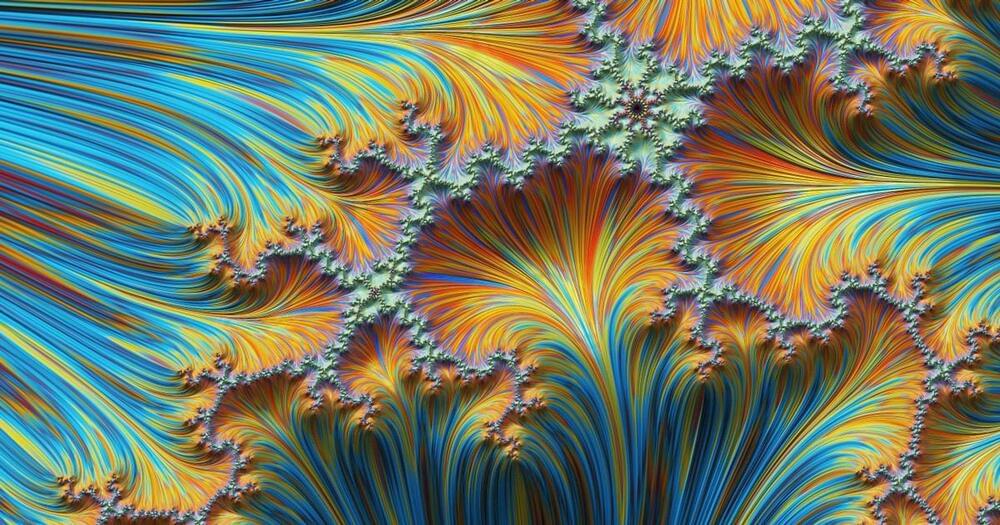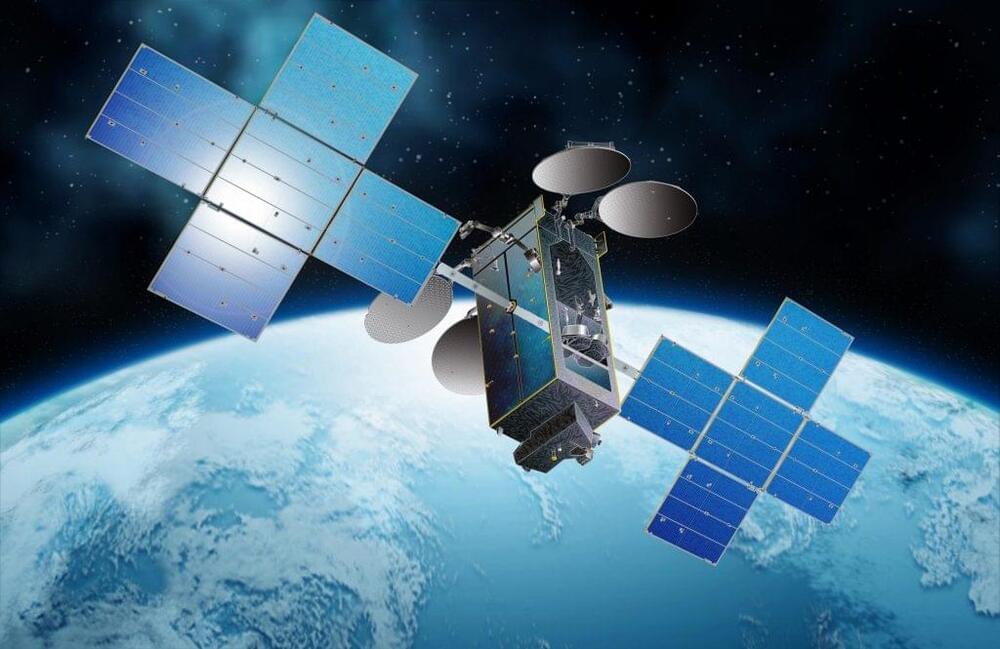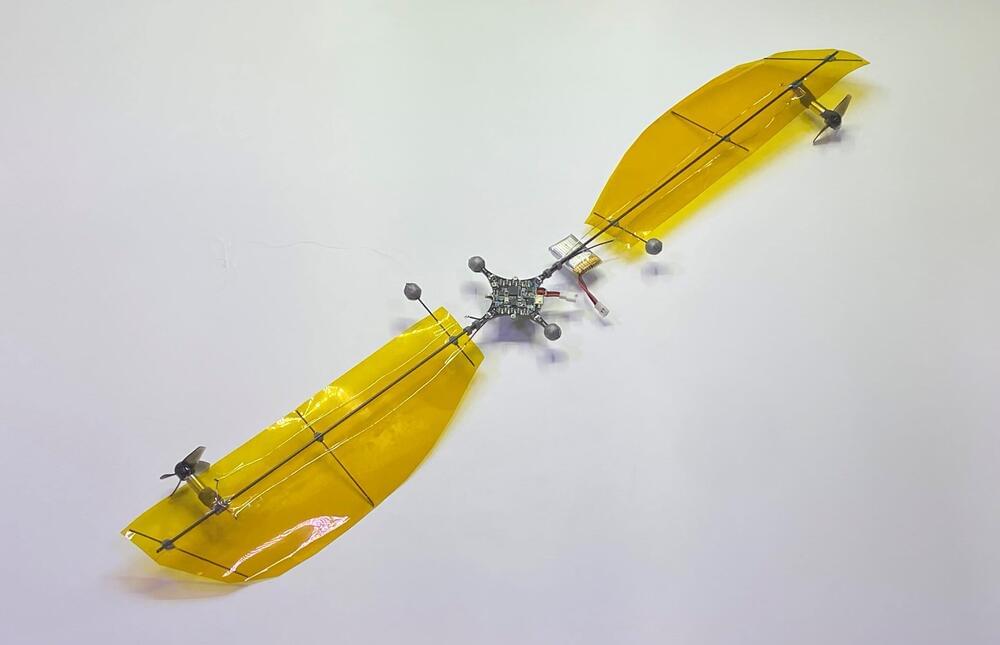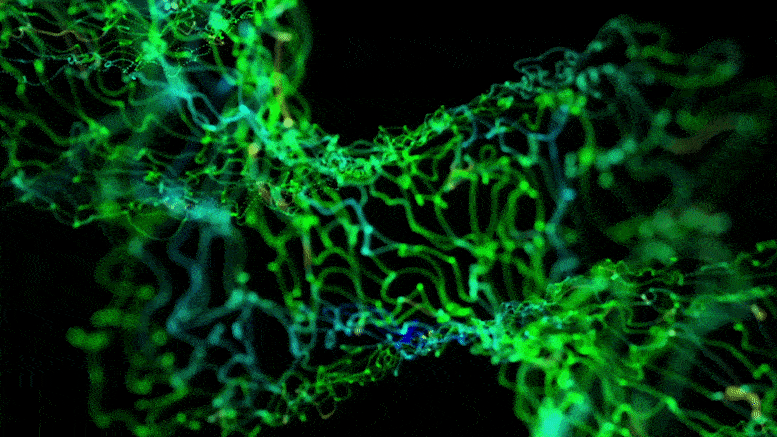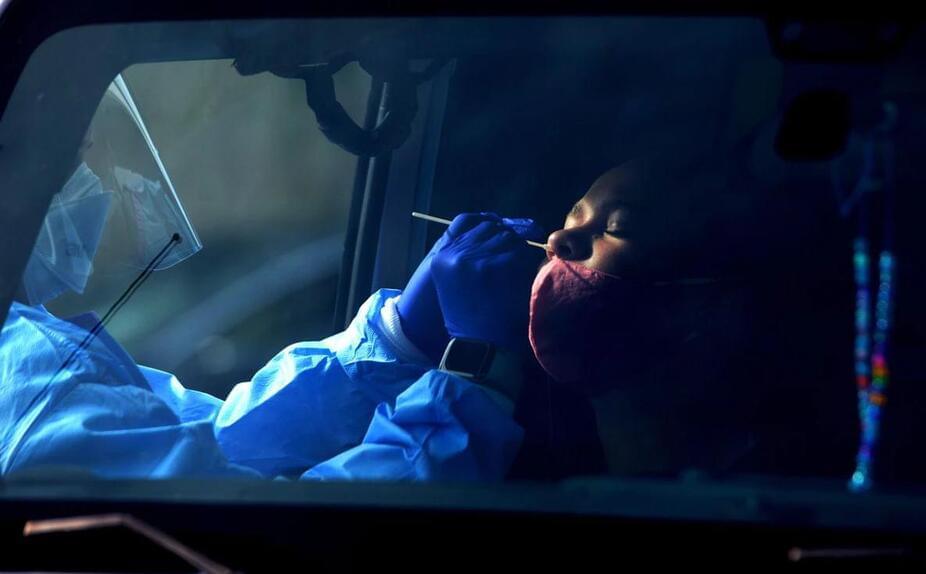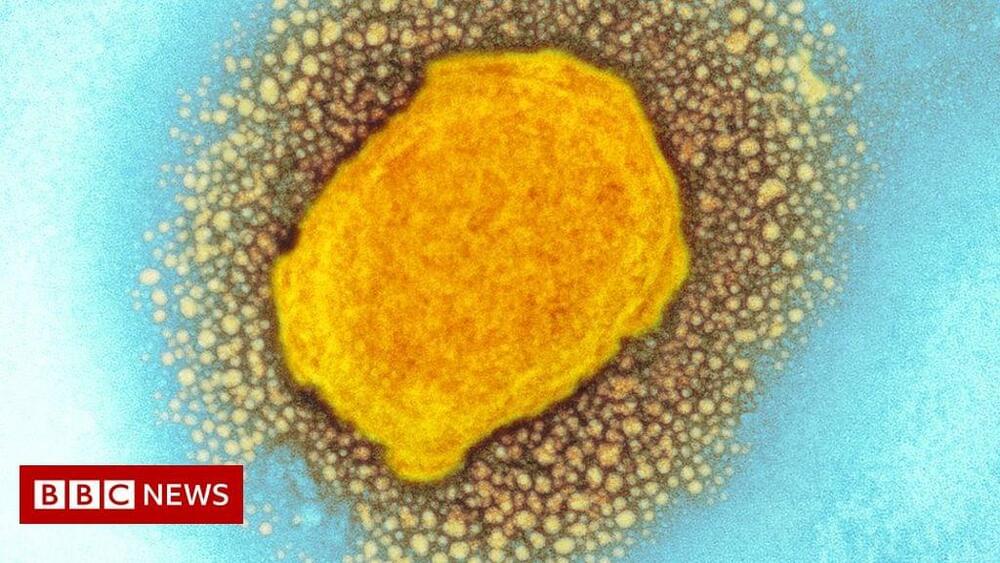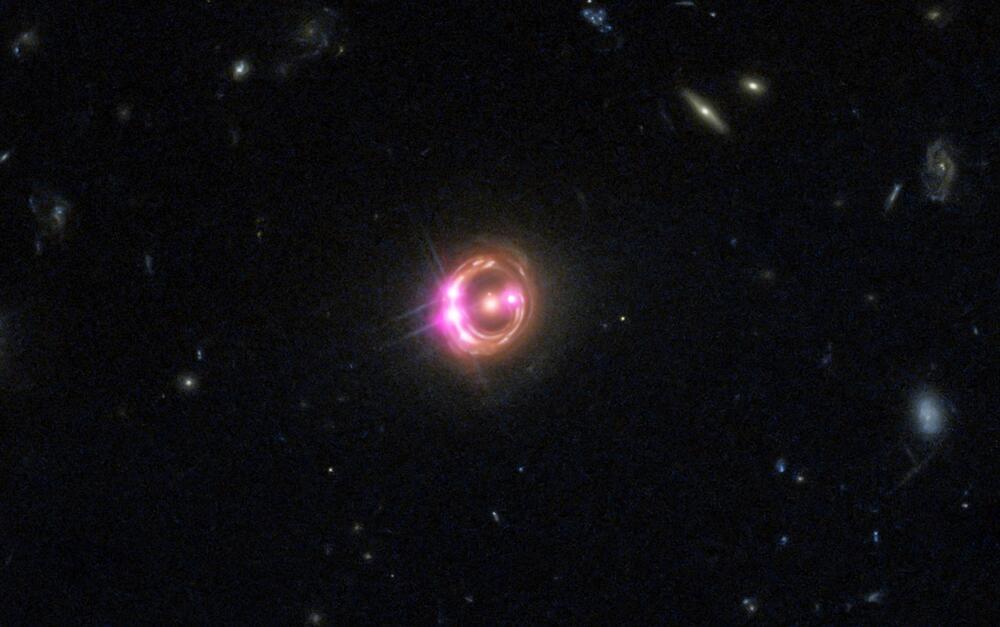The human brain is often described in the language of tipping points: It toes a careful line between high and low activity, between dense and sparse networks, between order and disorder. Now, by analyzing firing patterns from a record number of neurons, researchers have uncovered yet another tipping point — this time, in the neural code, the mathematical relationship between incoming sensory information and the brain’s neural representation of that information. Their findings, published in Nature in June, suggest that the brain strikes a balance between encoding as much information as possible and responding flexibly to noise, which allows it to prioritize the most significant features of a stimulus rather than endlessly cataloging smaller details. The way it accomplishes this feat could offer fresh insights into how artificial intelligence systems might work, too.
A balancing act is not what the scientists initially set out to find. Their work began with a simpler question: Does the visual cortex represent various stimuli with many different response patterns, or does it use similar patterns over and over again? Researchers refer to the neural activity in the latter scenario as low-dimensional: The neural code associated with it would have a very limited vocabulary, but it would also be resilient to small perturbations in sensory inputs. Imagine a one-dimensional code in which a stimulus is simply represented as either good or bad. The amount of firing by individual neurons might vary with the input, but the neurons as a population would be highly correlated, their firing patterns always either increasing or decreasing together in the same overall arrangement. Even if some neurons misfired, a stimulus would most likely still get correctly labeled.
At the other extreme, high-dimensional neural activity is far less correlated. Since information can be graphed or distributed across many dimensions, not just along a few axes like “good-bad,” the system can encode far more detail about a stimulus. The trade-off is that there’s less redundancy in such a system — you can’t deduce the overall state from any individual value — which makes it easier for the system to get thrown off.
